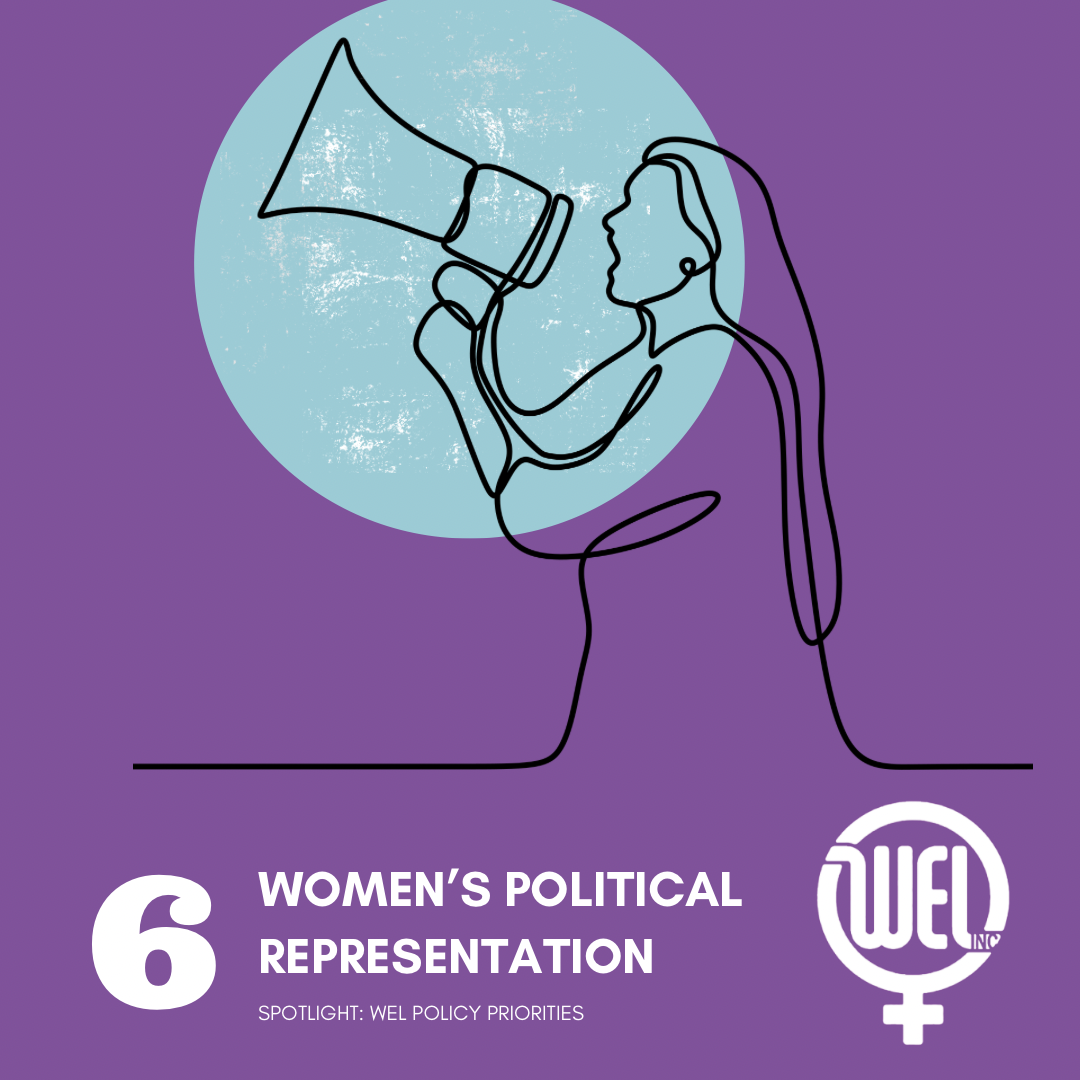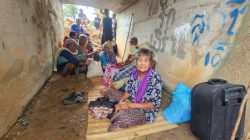Women in Borno Call for Reserved Political Seats to Boost Representation
A coalition of women’s advocacy groups in Nigeria’s northeastern state of Borno has urged the state and federal governments to adopt policies that would reserve political positions specifically for female candidates. The demand was made during a recent consultative meeting organized by the Women Political Participation Working Group ahead of the Zonal Public Hearing on the Review of the 1999 Constitution, set to take place in Maiduguri.
The proposal, which includes reserving seats at both the federal and state legislative levels, aims to address the historically low representation of women in Nigerian politics. Aisha Abubakar, Chairperson of the Women Political Participation Working Group, explained that a formal bill advocating for reserved seats is ready to be presented at the constitutional review hearing.
Why Reserved Seats Are Needed
Abubakar highlighted the challenges women face when competing with male candidates in elections. She pointed out that socio-economic barriers, cultural norms, and lack of access to campaign financing often put women at a disadvantage. “Contesting with men is not easy because of political, social, economic, and other factors,” she said. “With reserved seats, women will have a fair chance to run and win without facing the same level of systemic exclusion.”
She outlined how the proposed system could work within Borno State’s current structure. For example, the state currently has 27 local government areas (LGAs) and 28 members in its House of Assembly. Under the new framework, additional assembly seats would be created and reserved exclusively for women. Similarly, in each of the state’s three senatorial districts, an extra seat would be added and reserved for a female candidate.
Support from Civil Society Organizations
Umar Dan’Assabe, Senior Programme Manager for Elections at Kimpact Development Initiative, endorsed the initiative as a necessary step toward inclusive governance. He emphasized that while women make up nearly half of Nigeria’s voting population—approximately 47.5%—their presence in decision-making roles remains disproportionately low.
Dan’Assabe noted that in the current Senate, only four out of 109 elected senators are women—a statistic he described as unacceptable. He stressed that if the bill is passed, it would significantly improve gender balance in governance structures across the country.
Under the proposed legislation:
– One reserved seat would be allocated for women in the Senate.
– One reserved seat would be provided in the House of Representatives.
– Three reserved seats would be established in the Borno State House of Assembly.
Government Response and Commitment to Gender Equality
Falmata Lawan, Director of Women Affairs and Gender at the Borno State Ministry of Women Affairs and Social Development, welcomed the proposal and reaffirmed the state government’s commitment to promoting gender inclusivity in governance. She stated that initiatives aimed at increasing women’s participation align with broader efforts to build a more representative and equitable political system.
Lawan also encouraged stakeholders to continue engaging with policymakers to ensure that gender-sensitive reforms are integrated into the constitutional review process. Her office pledged to support advocacy efforts leading up to the public hearing and beyond.
Looking Ahead
Advocates argue that the introduction of reserved seats is not just about fairness—it’s about enhancing the quality of governance by incorporating diverse perspectives. With women bringing unique insights and priorities to policymaking, their inclusion can lead to more holistic development strategies that benefit entire communities.
The upcoming Zonal Public Hearing on Constitutional Review offers a critical opportunity to push this agenda forward. If adopted, the bill could serve as a model for other states and help reshape Nigeria’s political landscape to reflect the full spectrum of its population.







